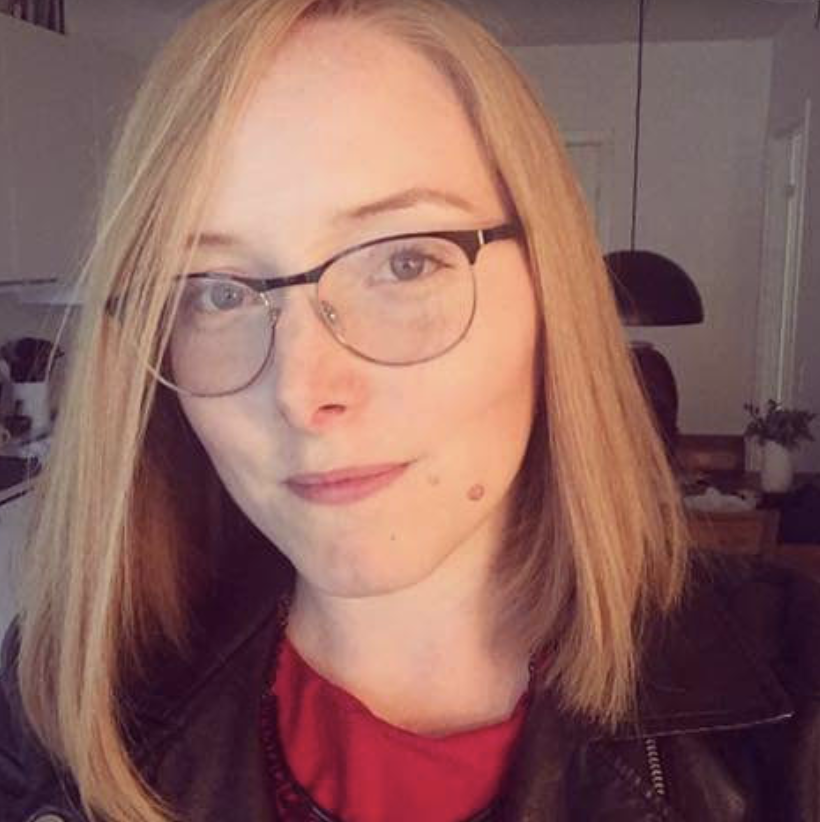Earlier this year the Centre for Disease Control and Prevention released data which showed the fertility rate in the USA to be at its lowest levels in 30 years, these data also showed a continuing demographic shift towards later motherhood with many more women having children between the ages of 35 and 44 than observed in previous decades. Similar observations have been made in the United Kingdom where the fertility rate for women aged 40 and over has nearly trebled since 1991. Such a shift to older motherhood has been linked by sociologists and demographers to factors such as women’s greater participation in higher education and in the labour force, a change in gender roles brought about by the increased reliability of methods of contraception, as well as economic uncertainty and market instability. Delayed motherhood has been the focus of much academic and clinical concern because it is widely recognised that a woman’s age is one of the best determinants of her fertility and as a woman gets older her ability to spontaneously conceive and carry a healthy pregnancy to full term declines. In response to the increasing numbers of women attempting childbearing at an older age, a new form of assisted reproductive technology called ‘social egg freezing’ has emerged which has the potential to enable women to preserve a number of healthy eggs for use in IVF treatment should they one day struggle to conceive.
Whilst egg freezing has been available in the USA and UK for some time it more formally entered public lexicon in 2014 after announcements by Facebook and Apple that they would fund the procedure for their female staff. Since then, the numbers of egg freezing cycles performed the UK has almost doubled and the number of American women making use of the technology has also sizably increased. As social egg freezing is a comparatively new form of assisted reproductive technology, little is known about the motivations and experiences of the women who undergo the process of freezing eggs for potential future use. In order to address this gap in knowledge I interviewed 31 women from the UK, USA and Norway about their experience of egg freezing and this is what they told me.
Women are not freezing eggs to ‘lean in’ to corporate careers
All the women I spoke to told me that it was the lack of a suitable male partner who was as equally committed to parenthood as themselves that led them to freeze their eggs not a desire to prioritise their work or education over motherhood. These women, who were on average 37 years of age when undergoing the procedure, wanted more time to find the ‘right’ partner with whom they could pursue parenthood. However due to their age these women often felt under considerable pressure to find a partner as soon as possible but did not want to engage in what I have termed ‘panic-partnering’. That is these women did not want to be rushed in to a relationship, potentially with the wrong partner, just to avoid unwanted childlessness in the future and instead wanted to take their time in choosing the right partner for themselves and right father for their child.
Another reason women gave for freezing their eggs was to avoid future regrets. Specifically, they feared that if they did not freeze their eggs, and were unable to conceive in the future, they may blame themselves for their resulting childlessness.
Lack of clear success rates
The women I spoke to wanted to freeze their eggs to try and maximise the chance that they would experience genetic motherhood in the future. However, they explained that they had struggled to get clear information from their clinics about their individual chances of motherhood using their eggs in the future. This was because very few clinics (particularly in the UK) have had large numbers of women return to use their frozen eggs to conceive. As such the clinics often do not have their own ‘in house’ data on which to base their predictors of success and instead must to rely on limited published data from other centres or clinics. However much of the published research on egg freezing success rates comes from highly specialised and experienced fertility clinics, sometimes using eggs taken from women in their 20s and thus are not directly comparable to the average user of egg freezing who is more likely to be in their mid-late 30s.
Egg freezing is emotionally challenging
All of the women I interviewed were pleased that they had frozen their eggs, but the process of undergoing egg freezing appeared to pose a different set of challenges for women compared to those experienced by individuals undergoing IVF to conceive. During the interviews the women sometimes told me how they felt lonely and isolated when undergoing the procedure, in part due to the fact that they were doing so without a partner, but also because they felt a degree of stigma and embarrassment about making use of the technology and for ‘still being single’. Several women also reported that they found the process particularly emotionally difficult as they fundamentally did not ‘want’ to be freezing their eggs and instead would have preferred to have been pursuing motherhood naturally.
Clinics have a responsibility to support informed decision-making
Whilst the numbers of women freezing their eggs remains small, many more are now considering this option as a way of extending the window of time they have to pursue genetic motherhood. Clinics providing this technology therefore have a responsibility to support informed decision-making by providing women who enquire about egg freezing with detailed information about the likelihood of achieving a live birth specific to their age at freezing and should acknowledge the limitations of current evidence. It is also important that women are informed of the costs and risks, as well as the physical and emotional demands of egg freezing and any future IVF treatment. Finally, we suggest that clinics should also be aware of the specific emotional needs of women undergoing egg freezing who are more likely than IVF patients to be undertaking this uncertain and ambiguous process without the support of a partner.
For more information about this research follow @DrKylieBaldwin and @CRRDMU on Twitter. You can also read the full report on which this article is based here.
In the absence of clinic specific data women need to be informed of the limitations of current evidence and clinics need to be transparent about the extent to which they could expect to replicate the results reported in published research.


